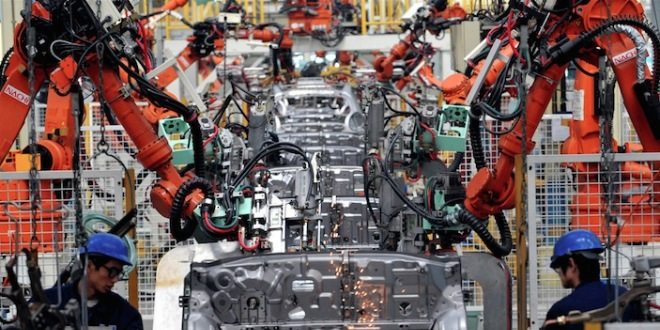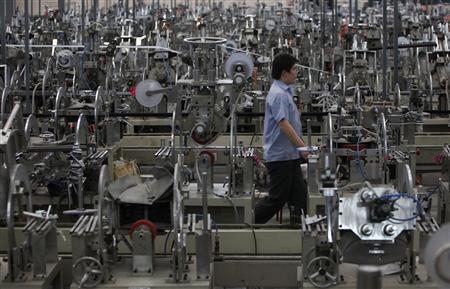In 2011, Foxconn promised a million robots would be installed in its factories within three years. That did not transpire. Overzealous promises by a large corporation, however, shouldn’t be mistaken for epic failure on a national scale. For China, it’s just a dream deferred and likely not by much.
The nation is not only hugely populous but also overwhelmingly graying, desperately needing autonomous machines to take up the slack. Perhaps, as Daniel Kahneman has prophesied, “Robots will show up in China just in time.” That may be so, but some of the country’s younger workers will be destabilized by the transition, and what’s necessary in China may be extremely tumultuous for other countries with markedly different demographics.
In “China’s Robot Revolution,” Ben Bland of the Financial Times looks at the future arriving in a hurry, writing that “the benefits of the robot revolution will not be shared equally across the world.” You wouldn’t want to be living in a country that’s left behind in the Second Machine Age, but progress will have its costs. The opening:
The Ying Ao sink foundry in southern China’s Guangdong province does not look like a factory of the future. The sign over the entrance is faded; inside, the floor is greasy with patches of mud, and a thick metal dust — the by-product of the stainless-steel polishing process — clogs the air. As workers haul trolleys across the factory floor, the cavernous, shed-like building reverberates with a loud clanging.
Guangdong is the growth engine of China’s manufacturing industry, generating $615bn in exports last year — more than a quarter of the country’s total. In this part of the province, the standard wage for workers is about Rmb4,000 ($600) per month. Ying Ao, which manufactures sinks destined for the kitchens of Europe and the US, has to pay double that, according to deputy manager Chen Conghan, because conditions in the factory are so unpleasant. So, four years ago, the company started buying machines to replace the ever more costly humans.
Nine robots now do the job of 140 full-time workers. Robotic arms pick up sinks from a pile, buff them until they gleam and then deposit them on a self-driving trolley that takes them to a computer-linked camera for a final quality check.
The company, which exports 1,500 sinks a day, spent more than $3m on the robots. “These machines are cheaper, more precise and more reliable than people,” says Chen. “I’ve never had a whole batch ruined by robots. I look forward to replacing more humans in the future,” he adds, with a wry smile.•


